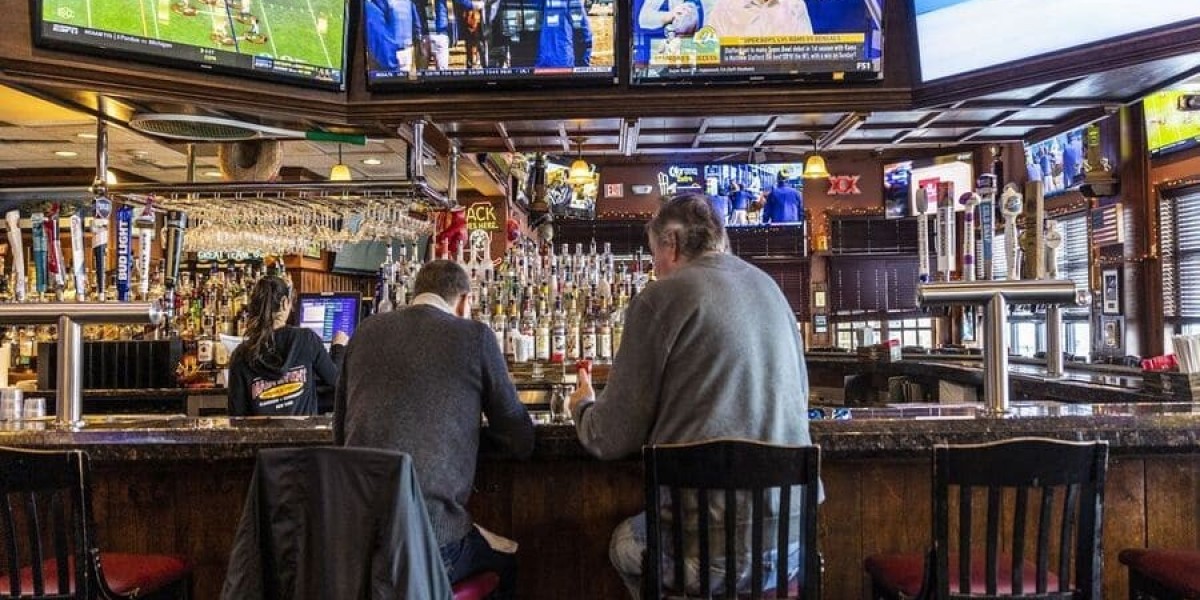Introduction:
In the spring of 1963, the American Civil Rights Movement reached a critical juncture in Birmingham, Alabama. Racial tension simmered in this segregated city, earning it the moniker of Bombingham due to the frequent bombings of African-American homes and churches. Driven by a desire for justice and equality, activists embarked on what would be a pivotal and transformative event known as the Birmingham Campaign. Led by Martin Luther King Jr., this nonviolent crusade would bring the simmering racial struggles to a boiling point, exposing the world to the brutality faced by African-Americans and ultimately paving the way for civil rights reforms.
Description:
The Birmingham Campaign unfolded between April and May of 1963 and attracted worldwide attention to the struggle for African-American rights. Led by the Southern Christian Leadership Conference (SCLC), with Dr. Martin Luther King Jr. at its helm, the campaign aimed to challenge the oppressive segregation laws that divided the city along racial lines.
Protests began in earnest on April 3rd, when King delivered his now-famous Letter from Birmingham Jail as a response to local white clergymen who criticized his actions. Facing a hostile and resistant white power structure, King and his followers adopted a strategy of nonviolent direct action, which involved sit-ins, boycotts, and protests downtown.
One of the most memorable events of the campaign was the notorious Children's Crusade on May 2nd. In a powerful display of courage and determination, thousands of African-American students, some as young as six years old, flooded the streets to demand equality. However, they were met with brutal force from city officials, resulting in shocking scenes of police dogs and fire hoses being turned on unarmed children. The violence was broadcasted worldwide, exposing the injustices faced by African-Americans in America to a global audience.
The events in Birmingham shook the nation's conscience and drew widespread sympathy and support for the Civil Rights Movement. Public opinion turned sharply against the city's segregationist policies and the brutal tactics employed by law enforcement. The publicity and pressure generated by the campaign would serve as a catalyst for significant civil rights advancements, including the passage of the Civil Rights Act of 1964 and the desegregation of public facilities.
In retrospect, the Birmingham Campaign marked a crucial turning point in the fight for racial equality in America. The extraordinary bravery and resilience of activists, combined with the vivid imagery of oppression, acted as a wake-up call for the nation. It galvanized the struggle for justice and paved the way for further advancements in the ongoing pursuit of civil rights, forever leaving its mark on the annals of American history.








